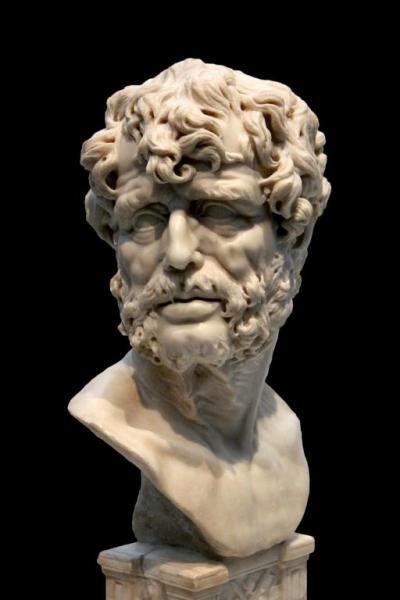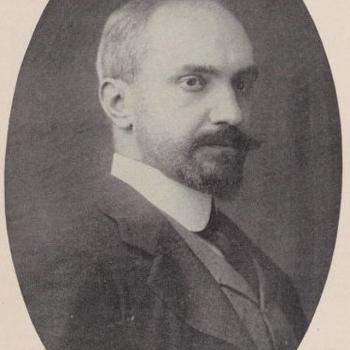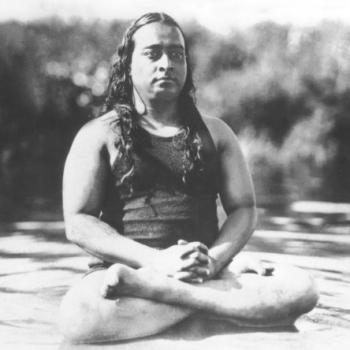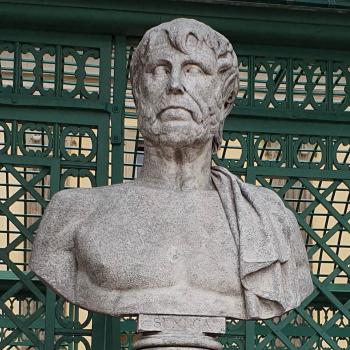
How many more years will you be alive? What will you do with them?
A US government life expectancy calculator gives me 23.6 more years on this earth; another calculator allots a me a more generous 75% chance to live 25.4 additional years.
Yet we never really know how much time we have left.
I have written about the business executive who at the age of 53 discovered he had 3 months to live (he lived 4 months.) I have also written about a college buddy, who at the age of 55 had a sudden, massive heart attack, dead before his body hit the ground. And while we all may live a good long life like my friend John who passed away at 86, nothing is promised to us.
The Roman Stoic philosopher Seneca wrote an essay on the specter of death called The Shortness of Life. Living in the first century AD, about the time of Jesus, it was a time when the life expectancy was about 35, though if you survived past the age of 10, you might expect to live to 60.
For Seneca, time was precious, a resource more valuable than any earthly possession. And the lessons he has to teach, taking into account our harried 21st Century lifestyles, may be even truer today. I’ve broken down his thoughts into 9 key teachings; Seneca’s precise words appear in italics.
- Life is long if you use your time wisely.
Seneca believed that the biggest enemy of a life well lived was our misuse of time. While we may place value on money and property, we don’t properly value our time, an asset every bit as important as our 401K or the home we live in.
People are frugal in guarding their personal property; but as soon as it comes to squandering time they are most wasteful of the one thing in which it is right to be stingy.
- Live life in the present, one day at a time.
Even back over 2,000 years ago, Seneca preached the idea of mindfulness and living in the present moment:
Everyone hustles his life along, and is troubled by a longing for the future and weariness of the present. The man who organizes every day as though it were his last, neither longs for nor fears the next day.
- Procrastination is our biggest enemy, seize each day.
Putting things off is the biggest waste of life: it snatches away each day as it comes, and denies us the present by promising the future. You are arranging what lies in fortune’s control, and abandoning what lies in yours. What are you looking at? To what goal are you straining? The whole future lies in uncertainty: live immediately.
- Don’t waste time.
Imagine if Seneca could see us today and observed the amount of time we waste on watching inane TV programs, mindless scrolling the Internet, constantly checking and rechecking our Facebook and Instagram pages.
It is not that we have a short time to live, but that we waste a lot of it. Life is long enough…but when it is wasted in heedless luxury and spent on no good activity, we are forced at last by death’s final constraint to realize that it has passed away before we knew it was passing.
- Life is always moving forward. Keep pace or be left behind.
You must match time’s swiftness with your speed in using it, and you must drink quickly as though from a rapid stream that will not always flow…just as travelers are beguiled by conversation or reading or some profound meditation, and find they have arrived at their destination before they knew they were approaching it; so it is with this unceasing and extremely fast-moving journey of life—the preoccupied become aware of it only when it is over.
- Keep good company.
(One needs) friends whose advice he can ask on the most important or the most trivial matters, whom he can consult daily about himself, who will tell him the truth without insulting him and praise him without flattery, who will offer him a pattern on which to model himself.
- The quality of our time is important.
Seneca believed that those who made time for contemplation and the reading of philosophy “are really alive” for they “keep a good watch over their own lifetimes.” He believes that by reading “holy creeds” and books, we are made better people:
By the toil of others, we are led into the presence of things which have been brought from darkness into light…why not turn from this brief and transient spell of time and give ourselves wholeheartedly to the past, which is limitless and eternal and can be shared with better men than we.
- It’s not about living a long life, it’s about living a life of value.
You must not think a man has lived long because he has white hair and wrinkles: he has not lived long, just existed long.
- The biggest fear? Looking back at our life with regret.
There’s an adage I’ve used before that says “no one ever went to their death bed wishing they had spent more time at the office.” It’s the same with any time- consuming activity that doesn’t add value to your life or the lives of those you love.
No one will bring back the years…life will follow the path it began to take, and will neither reverse nor check its course. It will cause no commotion to remind you of its swiftness, but glide on quietly. As it started out on its first day, so it will run on, nowhere pausing or turning aside.
It’s all about time and how we use it. Are you using your time wisely?
Thank you to the always fascinating blog brainpickings for providing the Seneca excerpts featured in this column.
















